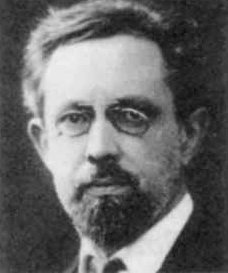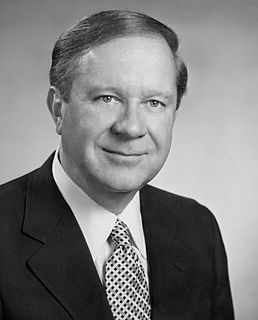A Quote by Evo Morales
The fight against capitalism has many aspects, particularly the distinctive economic models that concentrate the capital in few hands.
Related Quotes
The slave states of Western world are an outgrowth of monopolistic capitalism - an economic system which is opposed to the wide distribution of private property in many hands. Instead, monopolistic capitalism concentrates productive wealth among a few men, allowing the rest to become a vast proletariat.
By putting the means of production into the hands of the masses but withholding from those same masses any ownership over the product of their work, Web 2.0 provides an incredibly efficient mechanism to harvest the economic value of the free labor provided by the very, very many and concentrate it into the hands of the very, very few.
There are but three political-economic roads from which we can choose... We could take the first course and further exacerbate the already concentrated ownership of productive capital in the American economy. Or we could join the rest of the world by taking the second path, that of nationalization. Or we can take the third road, establishing policies to diffuse capital ownership broadly, so that many individuals, particularly workers, can participate as owners of industrial capital. The choice is ours.
The brilliant creative core of capitalism ... is the story the entrepreneurs and capital investors tell themselves about the future. How they intend to alter it, what they expect to gain in return, where they will raise the capital to accomplish their vision. Many of their stories turn out to be flawed or mistaken, of course, but the capacity to envision a set of future events and then act to fulfill them is a central source of capitalism's strength and its dominance of society.
Capitalism, the ogre of those protesting Wall Street, has suffered a public relations crisis in the wake of the global economic collapse. But any remedy to the systemic corruption that led to the collapse should not displace recognition that capitalism creates wealth. Capitalism, and no other economic system, has raised millions from poverty around the world.












































